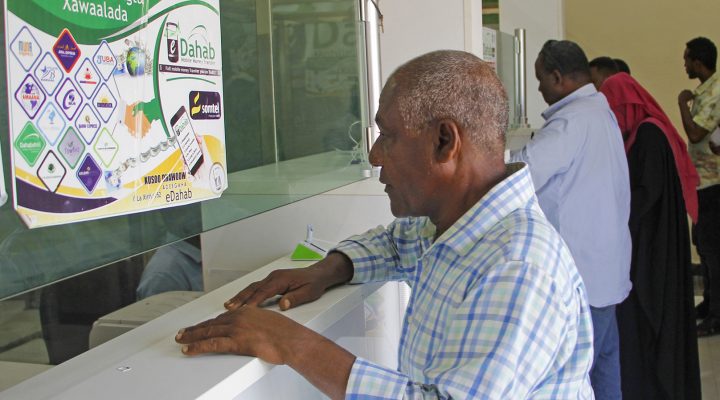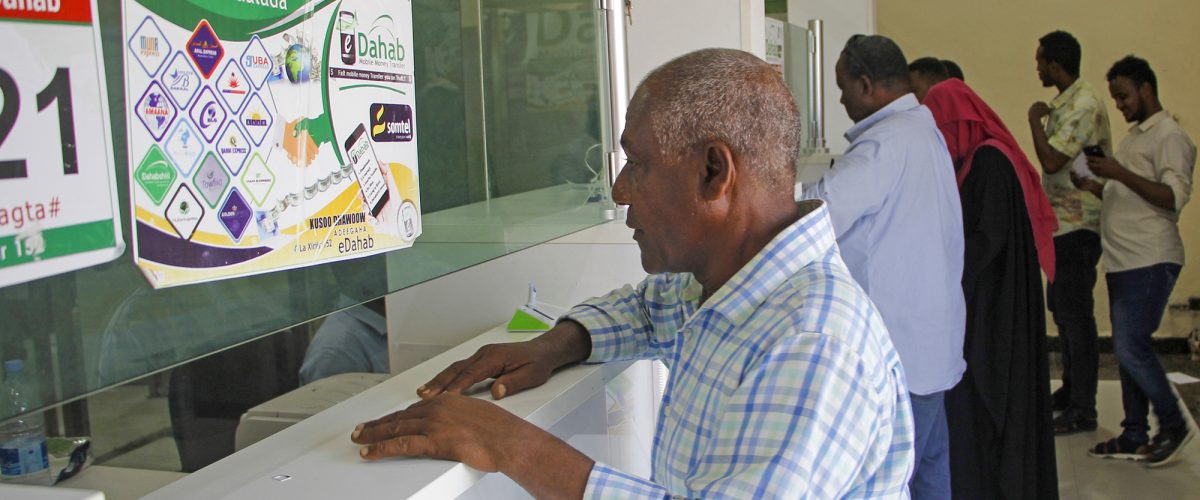In this season of giving, some African expatriates are weary of being asked for financial assistance from people who assume they’ve got money to spare.
One such person is Asisat Oshoala, a Nigerian soccer star based in Barcelona, Spain. In a recent Snapchat post, she gave a stinging rebuke to people who pester her with demands for assistance. Her post elicited diverse comments on social media and was published by Pulse, a lifestyle and entertainment medium.
Oshoala is a six-time African footballer of the year who boasts a massive social media following. She expressed frustration with those who ask her to contribute to their various needs, such as when a baby is born or a wedding is planned.

Asisat Oshoala, #8 of Nigeria, against Sweden during the FIFA Women’s World Cup Canada 2015 Group D match between Sweden and Nigeria at Winnipeg Stadium on June 8, 2015, in Winnipeg, Canada. (Photo by Kevin C. Cox/Getty Images)
Oshoala is not the only African diaspora member who’s irritated by excessive financial demands from people in her home country. Many other Africans in different parts of the world feel similar pressure. In fact, it’s one issue members of the African diaspora communities across the world grapple with on a daily, weekly or monthly basis.
While assisting family members and friends back on the continent is something many African immigrants are drawn to do because of their knowledge of the socio-economic conditions there, many find the engagement overwhelming, frustrating and annoying, particularly when they themselves are not finding life easy abroad.
Yasin Kakande, a U.S.-based journalist and author of the book Why We Are Coming, a work that sheds light on why Africans migrate to foreign lands in search of opportunities, shares his experience as an African-born immigrant now earning a living in the United States.
“Life in the United States had always been described to me as the land of opportunity, where dreams came true and success was within reach,” he said. “It was the place where people worked hard, earned money and lived a comfortable life. Little did I know that reality would soon paint a different picture.
“Leaving my home in Uganda was a difficult choice, but I was driven by the belief that my journey to the United States would provide not only a brighter future for myself but also the means to support my family back in Uganda. It was a responsibility I willingly embraced.”
But, as he would find out, it wasn’t just his immediate family he would be concerned about. And the requests for financial assistance soon assumed a different dimension even as he struggled to meet his personal needs.
“The cost of living in the U.S. was far higher than I had anticipated.”
“The cost of living in the U.S. was far higher than I had anticipated. Bills, rent, groceries and transportation all seemed to be conspiring against my limited income. To make ends meet, I found myself working not one, but two, sometimes even three jobs. Days blurred into nights as I juggled my responsibilities, trying to earn enough to survive and send money back home,” he explained.
“The weight of familial expectations and financial responsibilities bore down on me daily. It was a common belief in Uganda that life in the United States was synonymous with prosperity. Relatives and friends often viewed us as their ticket out of poverty. They believed those who had made it to the U.S. could effortlessly send money back home, improving the lives of their families.”

Yasin Kakande
Every month, he received five to 10 messages or calls from relatives and friends, all seeking financial help.
“Some needed money for school fees, others for medical bills and a few simply asked for support to start small businesses,” he explained. “Each request tugged at my heartstrings, reminding me of the privilege I had in being able to work in the U.S.”
Turning down such requests was difficult, he said, but he soon weighed his options.
“Saying no was never easy,” he said. “I knew the struggles my family and friends were facing back home, and I felt a deep sense of obligation to help. The cultural importance of communal support and family ties only intensified this burden. I couldn’t turn away from those who needed my assistance. Yet, as the number of requests grew, I found myself stretched to the limit. My own financial stability was at risk. … I needed to find a way to balance my responsibilities and my own well-being.”
“I knew the struggles my family and friends were facing back home, and I felt a deep sense of obligation to help.”
Thus, he temporarily shut down his WhatsApp account, one of the main communication channels with relatives. “It was a painful decision, as it meant cutting off ties with loved ones back home. But it was necessary to reduce the relentless stream of financial requests and allow myself a moment of respite.”
Now, the calculation is different. “I had to navigate the fine line between aiding my loved ones and ensuring my own financial stability. Over time, I learned to strike a balance, setting aside a portion of my income for myself and carefully assessing each request for help. It was a difficult journey, one marked by sacrifice and resilience. Yet, despite the challenges, I held on to the hope that my efforts would lead to a better life for my family and myself.”
Oshoala’s and Kakande’s experiences mirror those of many Africans outside their home countries juggling their personal responsibilities with societal expectations.
According to the International Organization for Migration, in 2020, about 21 million Africans were living in another African country — a significant increase from 18 million in 2015 — and 19.5 million were living in other regions, up from 17 million in 2015.
According to the Africa Center for Strategic Studies, among African migrants who have moved off the continent 11 million live in Europe, almost 5 million in the Middle East, and more than 3 million in North America.
These members of the African diaspora often support family members back home through what the industry calls “remittances,” wire transfers or other forms of sending money.
“Remittances are a critical source of external finance for Africa, with over 200 million African family members leveraging their availability. For many households, they are the difference between survival and destitution, between going to bed on an empty stomach and having a meal,” according to Kavazeua Katjomuise and Liwaaddine Fliss of the United Nations Office of Special Adviser on Africa.
“Over the last decade, remittance flows to Africa doubled, reaching $100 billion in 2022, surpassing the funds received through Official Development Assistance and Foreign Direct Investment,” they explained. “In some African countries, remittances represent over 20% of Gross Domestic Product.”
At an event last year, Akinwumi Adesina, president of African Development Bank, pointed out “the African diaspora has become the largest financier of Africa. And it is not debt; it is 100% gifts or grants, a new form of concessional financing that is the key for livelihood security for millions of Africans.”
Such view is reinforced by a Business Insider Africa publication, which notes that “as the African diaspora continues to grow, especially in the wake of globalization and increased opportunities abroad, the remittances sent back to the continent have swelled in volume. It’s not just pocket change; it’s a game-changer for Africa’s economic stability and growth.”
Although the COVID pandemic affected the livelihood of many African immigrants abroad and therefore the amount of financial assistance they were able to provide their families and friends back in Africa, improvement has been seen in recent times. According to the World Bank, “remittances to Sub-Saharan Africa, the region most highly exposed to the effects of the global crisis, grew an estimated 5.2% to $53 billion in 2022, compared with 16.4% last year (due mainly to strong flows to Nigeria and Kenya).”
Both countries are among the top 10 African countries that received the most remittances in 2022, according to World Bank. First on the list is Egypt, followed by Africa’s most populous country, Nigeria. Others are Morocco, Ghana, Tunisia, Zimbabwe, Senegal, Algeria and Democratic Republic of Congo.
Anthony Akaeze is a Nigerian-born freelance journalist who lives in Houston. He covers Africa for BNG


